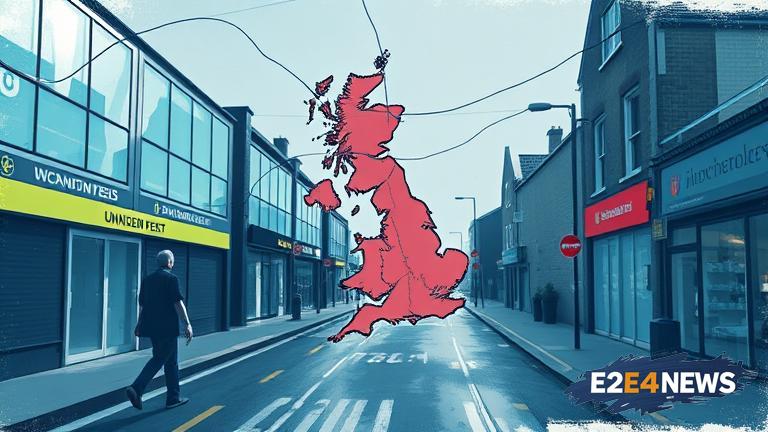A recent study has revealed that small businesses in the UK are losing a staggering amount of money due to inadequate internet connectivity. The research, which surveyed numerous small businesses across the country, found that poor connectivity is having a profound impact on their ability to operate efficiently and effectively. With the majority of businesses relying heavily on the internet to conduct daily operations, subpar connectivity is resulting in significant losses. The study estimated that the total loss to UK small businesses is in the billions, a staggering figure that highlights the urgent need for improved internet infrastructure. The consequences of poor connectivity are far-reaching, affecting not only the bottom line but also the overall competitiveness of these businesses in the global market. In today’s digital age, reliable and fast internet connectivity is no longer a luxury but a necessity for businesses to thrive. Unfortunately, many small businesses in the UK are struggling to access decent internet speeds, hindering their productivity and ability to innovate. The issue is particularly pronounced in rural areas, where internet connectivity is often limited and unreliable. This digital divide is not only affecting businesses but also the local communities that rely on them. The lack of investment in internet infrastructure is a major concern, as it is preventing small businesses from reaching their full potential. Furthermore, the study found that many small businesses are being held back by outdated internet technologies, which are unable to support their growing needs. The need for faster and more reliable internet connectivity is becoming increasingly important, as businesses look to adopt new technologies such as cloud computing and artificial intelligence. However, without the necessary infrastructure, these businesses are being left behind. The UK government has recognized the importance of improving internet connectivity and has pledged to invest in the development of new internet technologies. However, more needs to be done to address the immediate needs of small businesses, which are struggling to survive in a digital landscape. The study’s findings have significant implications for policymakers, who must take urgent action to improve internet connectivity across the UK. This includes investing in the development of new internet technologies, such as 5G and full-fiber broadband, and providing support to small businesses to help them upgrade their internet infrastructure. Additionally, there is a need for greater awareness and education about the importance of reliable internet connectivity for businesses. By working together, it is possible to create a more connected and competitive UK, where small businesses can thrive and reach their full potential. The future of UK small businesses depends on it, and it is essential that policymakers and industry leaders take immediate action to address the issue of poor internet connectivity. In conclusion, the study’s findings are a wake-up call for the UK, highlighting the urgent need for improved internet connectivity to support the growth and competitiveness of small businesses. With the right investment and support, it is possible to create a more connected and prosperous UK, where small businesses can flourish and contribute to the country’s economic growth.
